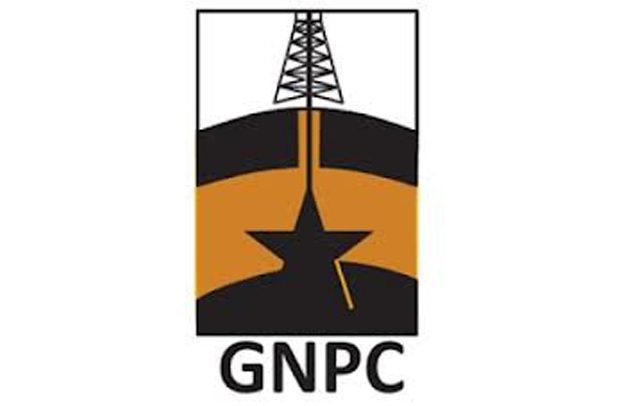ASSESSMENT OF the liquidity situation of the Ghana National Petroleum Corporation (GNPC) for the 2020 financial year was moderate, Parliament’s Committee on Employment, Social Welfare and State Enterprises has said.
According to the committee, the corporation’s short-term assets match its short-term liabilities one-on-one, indicating that the company was in an excellent position to meet short-term obligations.
Presenting a report on the annual financial performance of GNPC for the years 2019 and 2020, Chairman of the Committee, Philip Basoah indicated that the corporation also recorded a high inventory turnover rate due to its low inventory over the period in relation to the cost of sales.
“The corporation also maintained a good working capital management strategy. This strategy means that the corporation is effectively using free finance to fund its working capital, but may also indicate that the corporation is unable to pay more quickly because of liquidity problems,” he stated.
He noted that if the credit period is too long, this could pose some risk to the GNPC because it may develop a poor reputation as a slow payer and may not be able to find new suppliers, and the existing suppliers may decide to discontinue supplies.
However, MPs who commented on the report, expressed concerns about the challenges of the GNPC, after it came up that the total scores computed fell sharply from 1.41 in 2018 to just 0.25 in 2020.
The lawmakers said the peculiar nature of GNPC’s industry calls for more vigilant scrutiny of its activities, recognising the impact of the Petroleum Revenue Management Act (Act 815) on its revenue flows and the vagaries of international crude oil pricing.
Cognisance must also be taken of the desire to wean GNPC off the annual parliamentary allocation as espoused by Section 7(3) of the Petroleum Revenue Management Act (PRMA), 2011 (Act 815), they indicated.
The MPs said the corporation must obtain financial independence by managing its finances efficiently to make investment decisions that are purely commercial-driven, if Parliament’s desire to frame the PRMA as structured is to be realised.
On the indebtedness, it was revealed that a total of $603,128,519 was outstanding as of December 31, 2020, with an impairment provision of $212,616,349 in line with the International Financial Reporting Standards (IFRS).
“The fact that such a huge impairment provision has been made speaks loudly about the ‘quality’ of the outstanding,” the MPs noted.
The MPs observed that GNPC engages in activities outside its core mandate, which either do not produce commercial value for the organisation or compromise efficient utilisation of revenue.
According to them, GNPC’s core mandate is to “undertake the exploration, development, production and disposal of petroleum.”
They acknowledged that the corporation is also permitted by law “to do any other things and perform any other functions necessary or expedient for the purpose of attaining its objects and carrying out its activities.”
“This power given to GNPC has led it to indulge in extra, non-core activities that overstretch its mandate and compromise the efficient utilisation of its revenue,” they stated.
BY Ernest Kofi Adu, Parliament House

